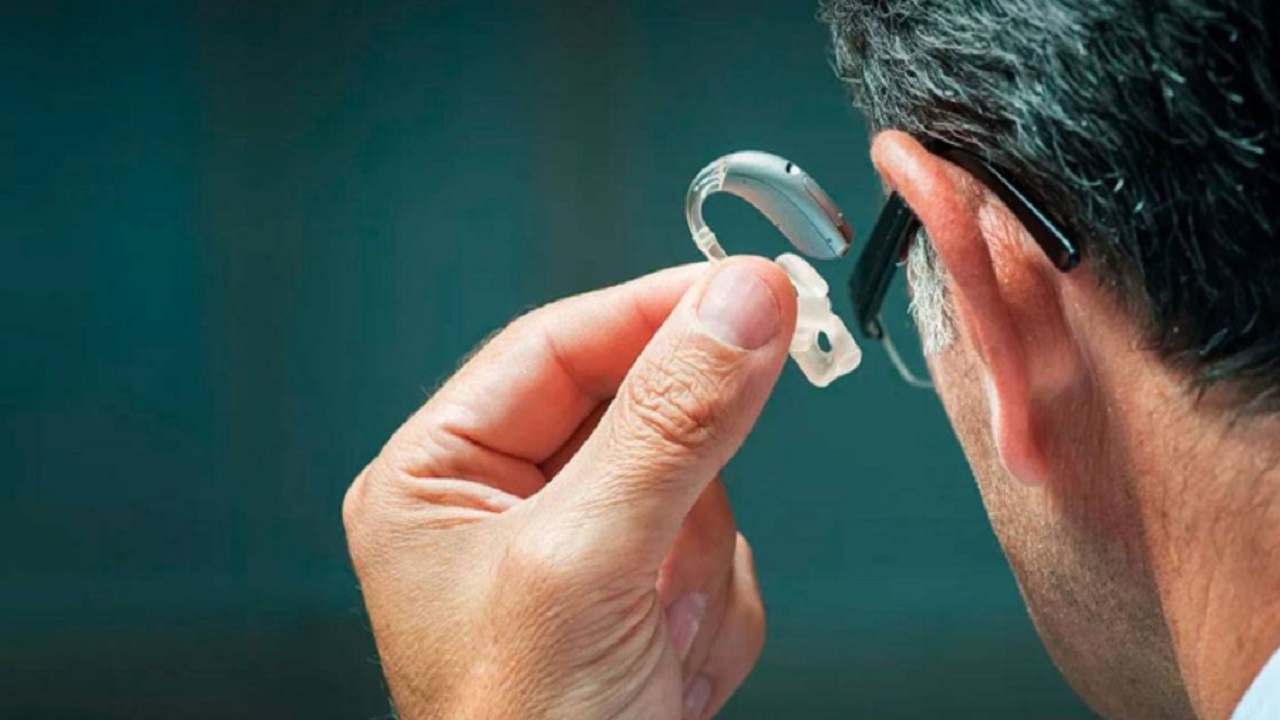Proper care is necessary for hearing aids' benefits and long-term effectiveness. Invisible hearing aids require careful cleaning away dirt and moisture. Just a little care every day will improve their performance. Sound clarity and user experience with sound also improve.
If you are looking for invisible hearing aids tips, this article gives you some easy tips on how you can care for your hearing instrument. Follow these simple steps, and your hearing instruments will be kept in good shape over a lifetime.
Keep them Clean
Regular cleaning is one of the best methods to take care of your hearing instruments. Dirt from earwax and moisture affect the working of hearing aids. Here's how you can keep hearing aids clean:
Wipe them Each Day
To clean the exterior of your instrument, use a soft, dry cloth. This cleanses the outer dust, oils, or dirt from your hearing aids. Gentle and soft wipes each day keep hearing aids in shape.
Check for Earwax
Most of the time, ear wax tends to accumulate in the tubing portion of a hearing aid. Earwax will block sound from going through those tiny holes and affect the performance of the hearing aid. Use the wax-removal tool that comes with the device to clean earwax.
Clean the Tiny Areas
Most hearing aids have small openings that are like tiny vents in design. These are essential for any quality sound. Use a brush that normally comes with your hearing aids to clean these little areas from dust or wax.
Protect The Hearing Aids from Moisture
Moisture is one of the most common enemies of hearing aids. Even small amounts of moisture can cause damage. You can follow some moisture protection tips for hearing aids below:
- Remove before showering or swimming: Water can damage hearing aids as they have soft internal parts. Before you go into a shower or swimming pool, remove them. This keeps moisture outside the hearing aids and prevents short circuits.
- Store them in Dry Places: When you are not using your hearing aids, they should be stored in a dry, protective case. This keeps them clear of moisture as well as dust. It just prevents your hearing aid from being dropped or damaged.
- Use a Dehumidifier: A miniature dehumidifier for hearing aids can also be bought and kept watching their moisture aspirator. These dehumidifiers are intended for drying hearing aids overnight such that there is no moisture left behind in good condition.
Check on Batteries and Charging Regularly
The batteries power the hearing aids. Paying attention to them is important. This is how you can manage battery and charging:
- Using disposable batteries requires changing the batteries at intervals. Sound is the primary function of hearing aids, so it becomes necessary to replace those batteries with hearing aids to keep them operating at their best.
- Batteries should also be of the right variety. Hearing aid batteries are specially designed for listening devices. Anything else used is likely to drain the life of the battery.
Schedule Regular Checkups
Regular checkups are vital for keeping your hearing aids in good condition. Regular checkups maintain the good working conditions of your hearing aids. Visiting your audiologist or hearing aid provider allows them to clean and check it professionally for any problem.
Service them
Professionals clean and check your hearing aids more effectively than using home remedies. They can identify any internal damage, changes in sound quality, and other aspects that you may not have noticed.
Adjustment for Better Hearing
Your hearing needs to change with time. So, a regular checkup gives the audiologist an opportunity to make those adjustments to the hearing aid settings.
Proper Store When Not Using
Proper storage also includes taking care of your hearing aid. Here's how to store them when you are done wearing them for the day:
- Keeping them in a protective case: Store your hearing aids in a sturdy case when they are not being used. This would save your hearing aids from dust, dirt, moisture, and physical damage, to be very concise.
- Keep them away from children and pets: Keep the hearing aids in an area unreachable by small children or pets. These little devices can easily be lost or damaged if not properly secured.
- Switch Them Off After Use: This helps to conserve battery life since you turn them off when they are not in use. It also helps prevent unnecessary wearing out of the internal components.
Conclusion
It is easy to take care of hearing aids as minimal time is consumed. Normal, simple daily things can include cleaning, drying, and gentle handling. This will help bring good performance to the hearing aids and add years to their effective lives.
Regular checkups and safe storage also maintain it in good condition. Start today to take care of your hearing aids. Just a little care and they will keep providing clear sound for years to come.


